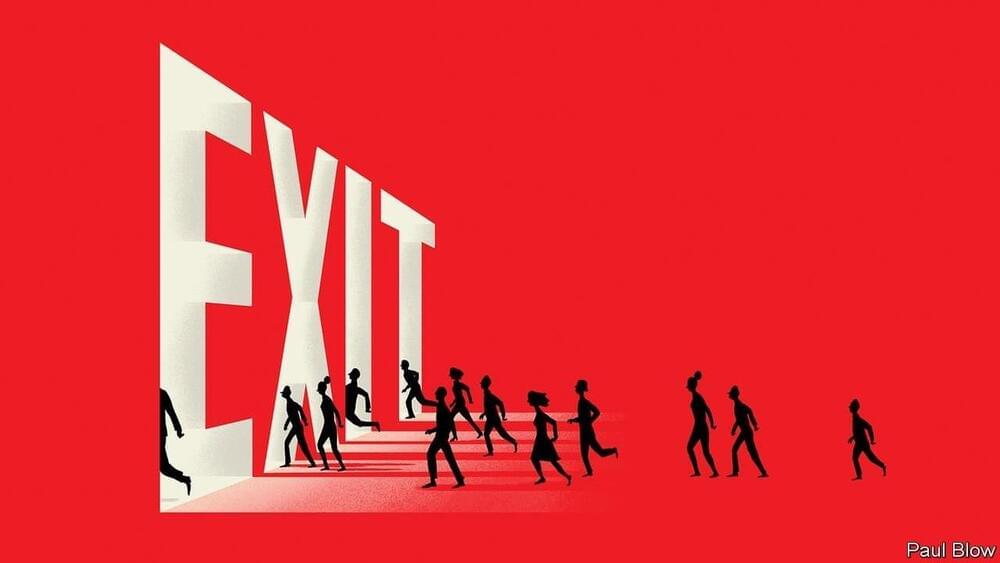Some of the churn is transitory. It was hard to act on pent-up job dissatisfaction while economies were in free fall, so there is a post-pandemic backlog of job switches to clear. And more quitting now is not the same as sustained job-hopping later. As Melissa Swift of Mercer, a consultancy, notes, white-collar workers in search of higher purpose will choose a new employer carefully and stay longer.
But there is also reason to believe that higher rates of churn are here to stay. The prevalence of remote working means that more roles are plausible options for more jobseekers. And the pandemic has driven home the precariousness of life at the bottom of the income ladder. Resignation rates are highest in industries, like hospitality, that are full of low-wage workers who have lots of potentially risky face-to-face contact with colleagues and customers.
One conventional solution—identifying a few star performers and bunging them extra money—is not a retention strategy if large chunks of the workforce are thinking differently about their jobs. What should managers be doing?










Comments are closed.